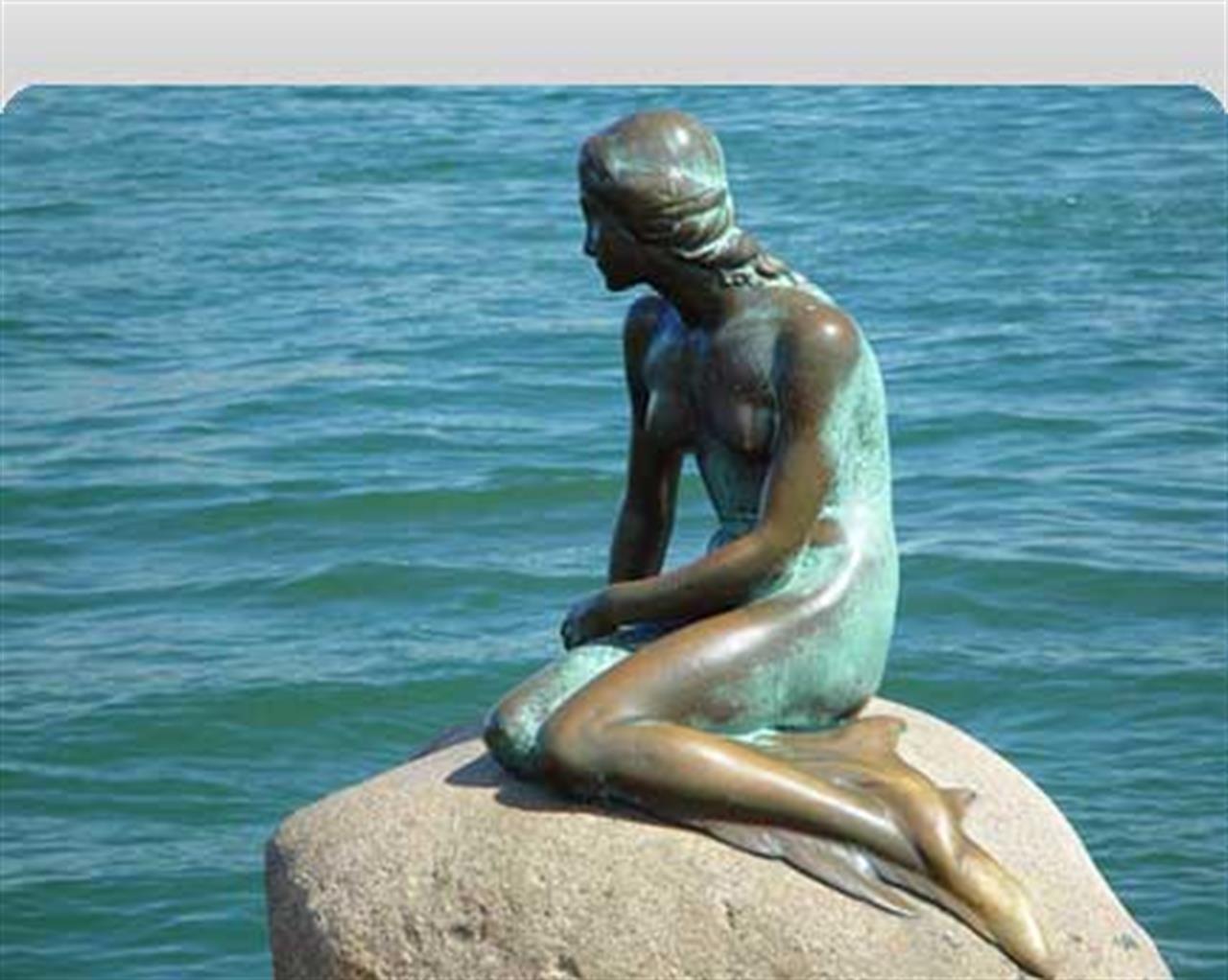Sostenibilità
Copenhagen: the world watches
This week sees the kick-off of the UN summit on climate change or COP15

Some 15,000 delegates from 192 countries are descending on Copenhagen on Monday 7 December for what many are describing as the biggest show on Earth, and, for scientists at least, the most important meeting the world has ever known: the UN summit on climate change.
Officially known as the 15th Conference of the Parties to the United Nations Framework Convention on Climate Change (UNFCCC), or “COP15,” the meeting is the culmination of an agreement made by world leaders two years ago in Bali, Indonesia that they would frame a global climate pact to replace 1997’s Kyoto Protocol, which runs out in 2012.
Pressure is high, as even if a deal is reached in Denmark, the clock is ticking for national legislatures to approve any agreed measures by the time Kyoto expires.
Over the course of the two-week-long meeting more than 100 world leaders will take part, although the focus will be on the second week and in particular on the last few days, where a deal – if there is one – could be reached.
Organisers have been overwhelmed with applications by national delegates, NGOs and journalists. Over 34,000 people have applied for access, more than double the maximum capacity of the Bella Centre, the summit’s main venue.
With 5,000 applications for media accreditation, well over the limit of 3,500 journalists, the world truly is watching.
Danish security is tight, not just for the world leaders but also to control the massive protests expected. Climate activists from across the globe will hold alternative meetings and demonstrations, which some predict will match the scale of those held against the World Trade Organisation (WTO) in Seattle almost 10 years ago.
Hope springs afresh
Until a few weeks ago, hopes had been all but dashed that any decent deal was achievable at the meeting: The European Union had said that without the US on board, the best that could be hoped for was a “political” agreement but not a legally-binding text.
But in recent days, new offers offers from China, India, South Africa and others have revived hopes that even if a legally-binding text takes a few more months to attain, the Copenhagen event will put all the major building blocks in place.
Despite the scientific, financial and legal complexities, a meaningful deal boils down to three elements.
Firstly: a commitment from governments to reduce carbon emissions to such an extent that catastrophic climate change – assessed as warming above two degrees celsius – does not take place. This means cuts in CO2 emissions in industrialised countries of between 25 and 40 percent compared to 1990s levels by 2020, and cuts in developing countries of between 15 and 30 percent compared to “business as usual.”
Secondly: Money – and lots of it, on the scale of hundreds of billions a year, to pay for developing countries to adapt to the coming changes, by, for example, building sea walls or developing more drought-resistant crops, and to industrialise themselves in a low-carbon way.
Finally: CO2 reduction offers from developing countries, which, existing in some of the planet’s hottest areas already, will be hardest hit by climate change.
Alternative futures
As of today, the combined commitments for CO2 cuts from industrialised nations work out at around 13-19 percent on 1990 levels, which would produce warming of around 3.5 degrees above pre-industrial times, leading to cataclysmic changes around the world.
Some scientists say a 3.5 degree warm-up could cause “runaway warming” – self-reinforcing process with unforeseeable outcomes.
Heading into the summit, it appeared that the European Union was prepared to put figures on the table for a trust-building measure – a handful of billion euros to pay for adaptation to climate change between now and when any Copenhagen deal is put in place.
The Financial Times Deutschland on Sunday quoted an unnamed German diplomatic source as saying that the EU is willing to offer between one and three billion euros a year in early adaptation financing.
For some years now, Europe has made climate change its flagship issue, claiming a leadership role in the fight against global warming. In many ways it as much Europe that is hosting the “greatest show on earth” as Denmark.
www.euobserver.com
17 centesimi al giorno sono troppi?
Poco più di un euro a settimana, un caffè al bar o forse meno. 60 euro l’anno per tutti i contenuti di VITA, gli articoli online senza pubblicità, i magazine, le newsletter, i podcast, le infografiche e i libri digitali. Ma soprattutto per aiutarci a raccontare il sociale con sempre maggiore forza e incisività.
